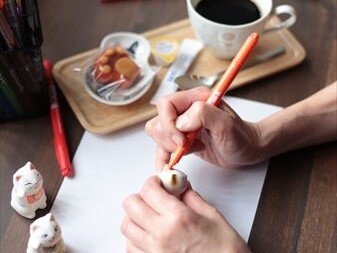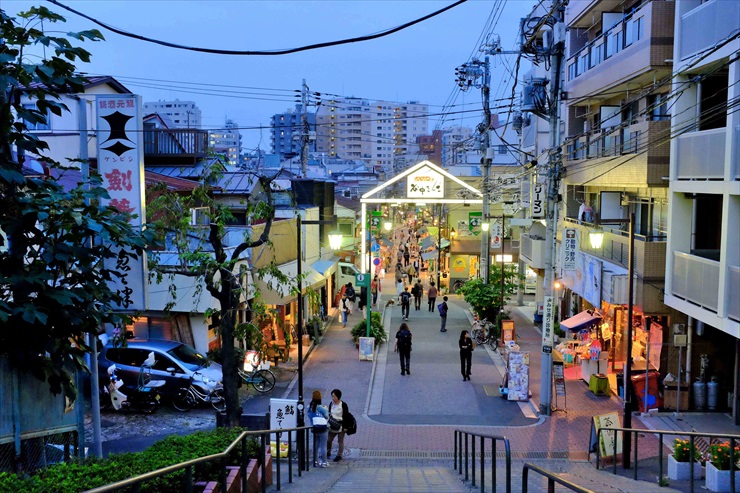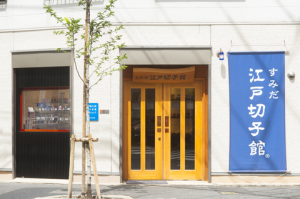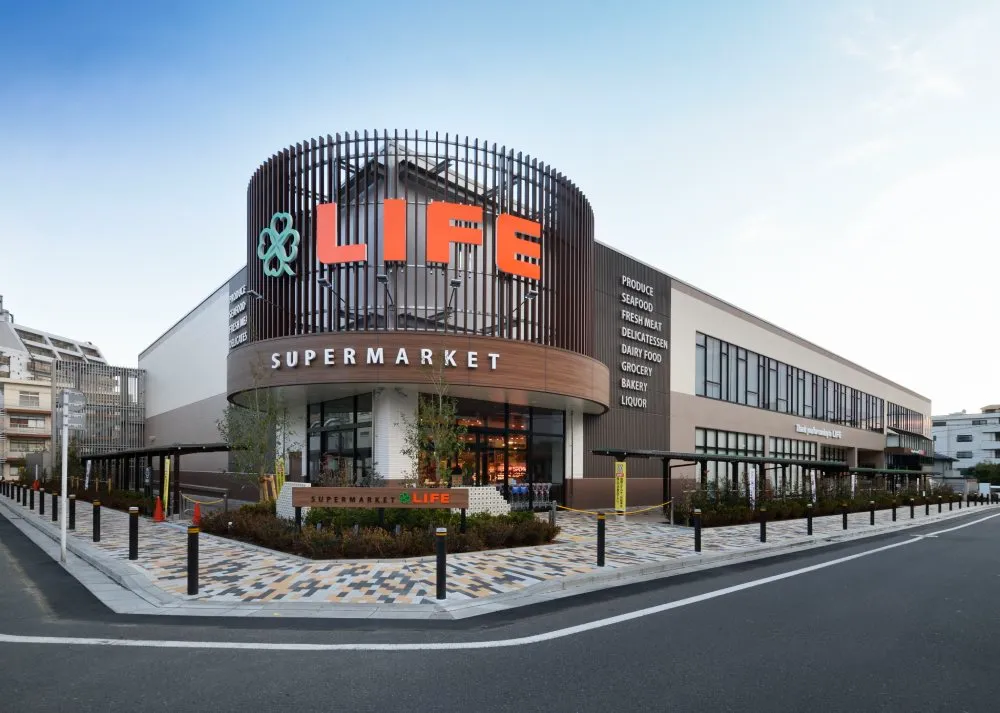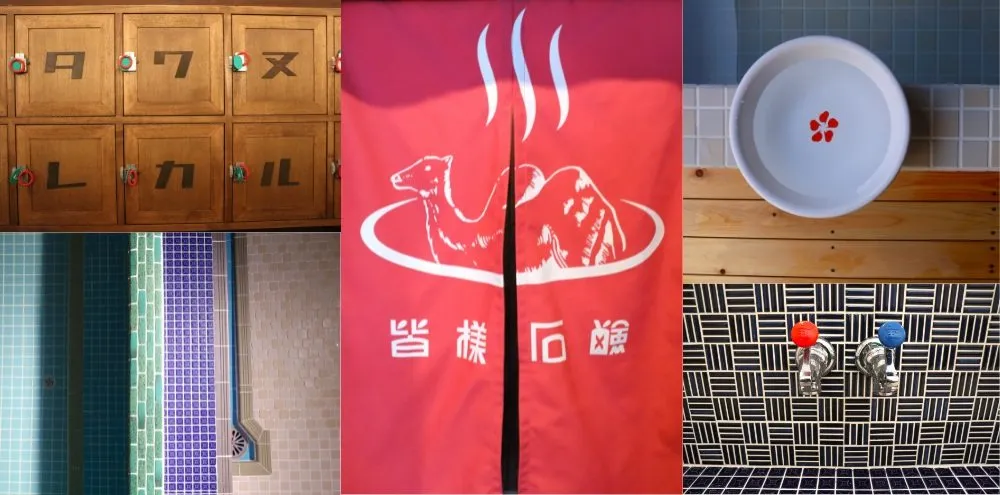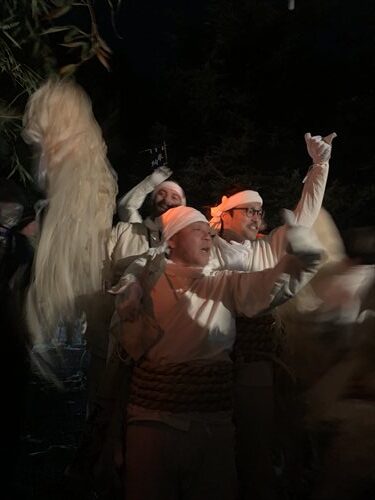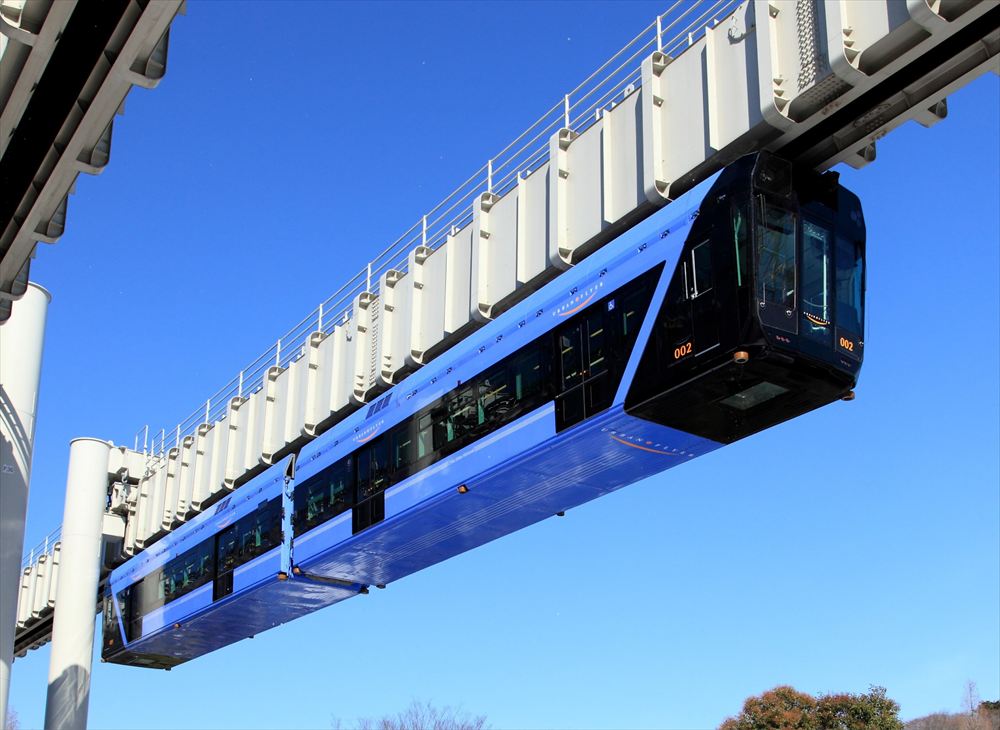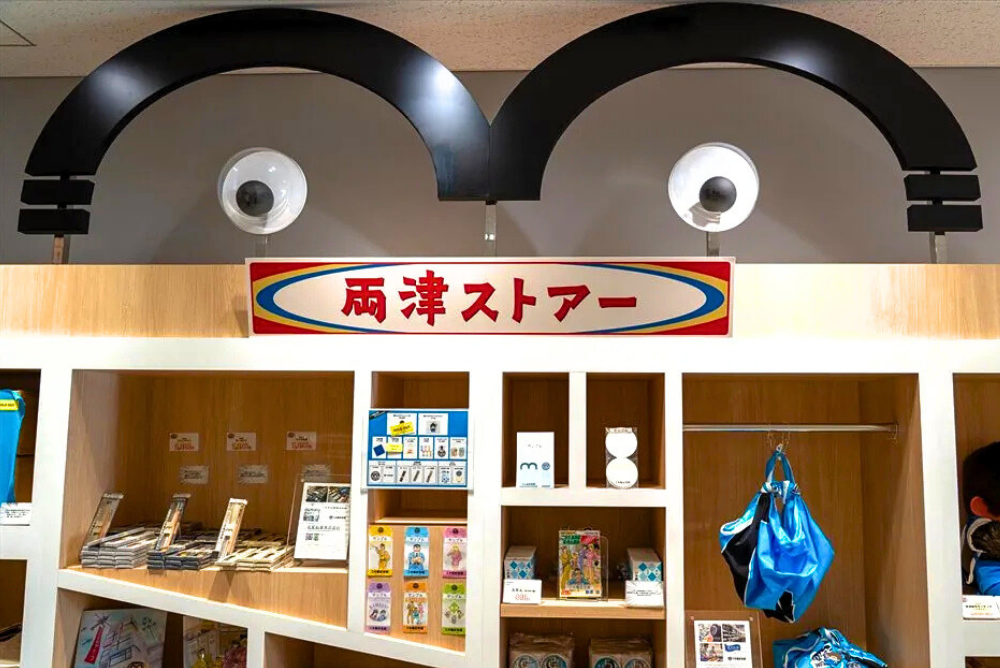Since the Edo period (1603-1868), Tokyo has flourished as Japan’s preeminent metropolis. The city has many places where you can experience the traditional culture and craftsmanship unique to Japan, which have been nurtured over its long history. Here we introduce a few of these hidden gems that offer chances for a more hands-on relationship with Japanese culture, and will leave you with handmade souvenirs to keep long after your trip as a treasured memory!
Top 5 Tokyo “souvenir experiences” to reveal a deeper Japan!
Food Samples (Ganso Shokuhin Sample-ya Kappabashi Store)
This store in Asakusa specializes in the art of food samples, also selling key chains and magnets made from these samples. As a unique aspect of Japanese culture, these culinary replicas look just like the real thing, often used to show the highlights of restaurants at a glance. Here, you can enjoy a hands-on experience making food samples of tempura and lettuce. Based on the traditional method crafted with wax, this original lineup has been developed by incorporating ideas and techniques of modern food sample artisans.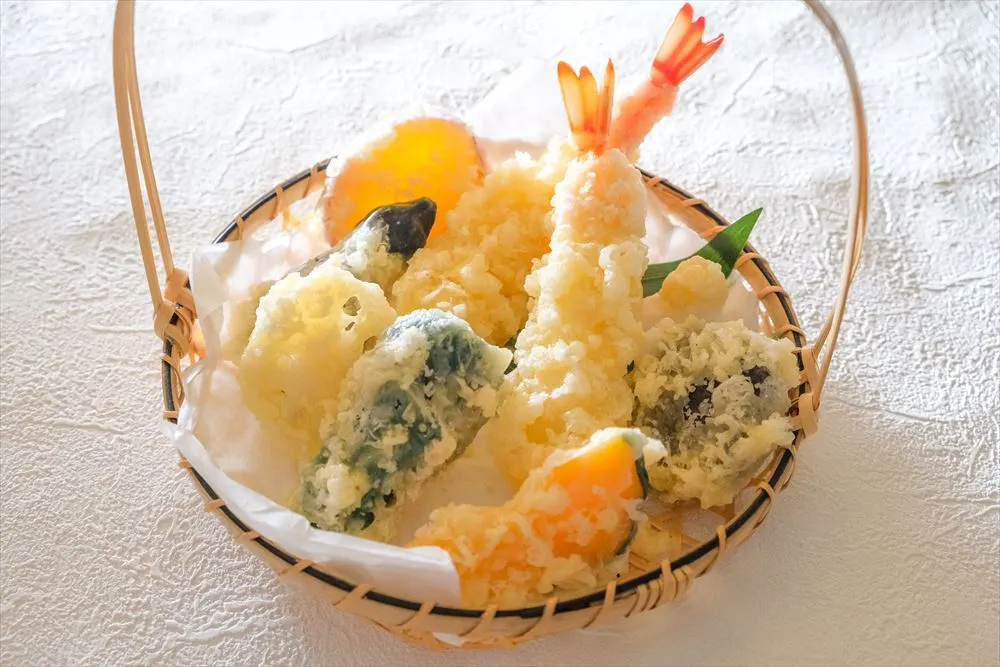 Watching the wax instantly turn into a perfect life-like copy of tempura is a thrill!
Watching the wax instantly turn into a perfect life-like copy of tempura is a thrill! _R.webp)
| Access | Asakusa Sta. (Tsukuba Express) → 5 min walk / Tawaramachi Sta. (Tokyo Metro Ginza Line) → 10 min walk |
| Business hours | 10:00 - 17:30 |
| Regular holiday | No fixed holidays (closed during New Year's holidays)/Price:3,000 yen |
| URL | https://www.ganso-sample.com/en/ |
Lucky Cats (Cafe Neko-e-mon)
The retro shitamachi traditional district of Yanaka is known for its many neighborhood cats. Here, you’ll also find a more than 90-year-old traditional folk-house now renovated into a café where you can take an all-white maneki-neko (lucky cat) and paint it to create your own one-of-a-kind version. Maneki-neko are believed to bring good fortune, with the right paw raised to invite wealth and the left paw raised to welcome people. While creating your artwork, enjoy a coffee and some cat-shaped sweets. 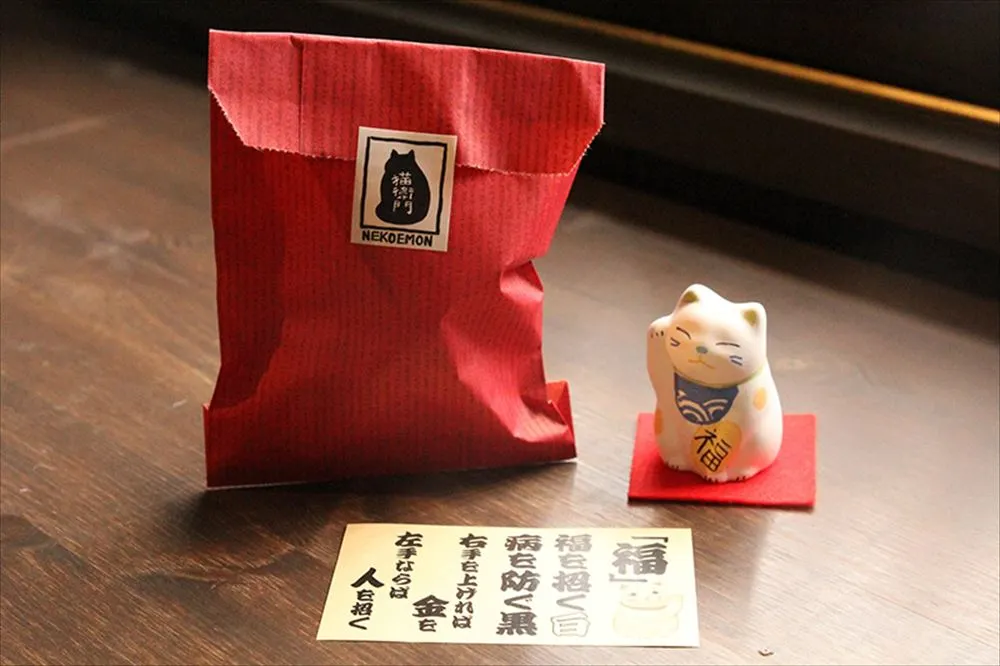 While relaxing in the serenity of the café, feel free to doodle with colorful pens!
While relaxing in the serenity of the café, feel free to doodle with colorful pens!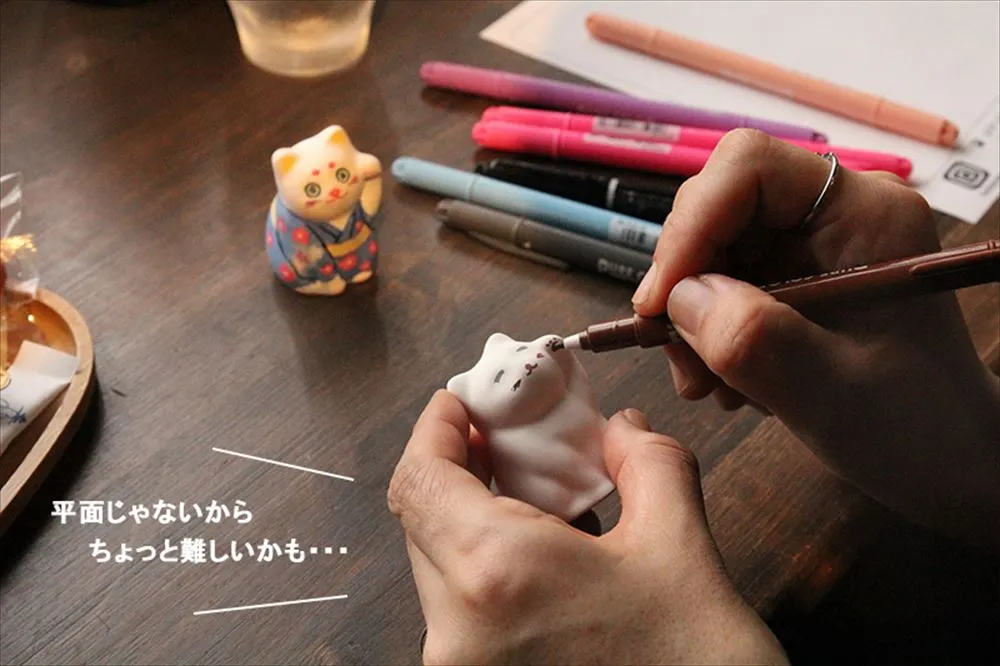
| Access | JR Nippori Sta. → 10 min walk |
| Business hours | 11:00 – 18:00 |
| Regular holiday | Mondays (or the following day when it falls on a national holiday)/Price:3,300 yen for large figure, 2,750 yen for small figure |
| URL | https://yanakado.com/c_nekoemon.html |
Edo Kiriko Glasswork (Sumida Edo Kiriko Museum)
This workshop and store in Sumida City specializes in Edo Kiriko, a form of glasswork involving delicate surface etching processes invented in Edo (old Tokyo). At this site, experience making your own original glass using these traditional techniques. Choose from various shapes of blue and red glass, then carve a pattern to create your very own, one-of-a-kind Edo Kiriko!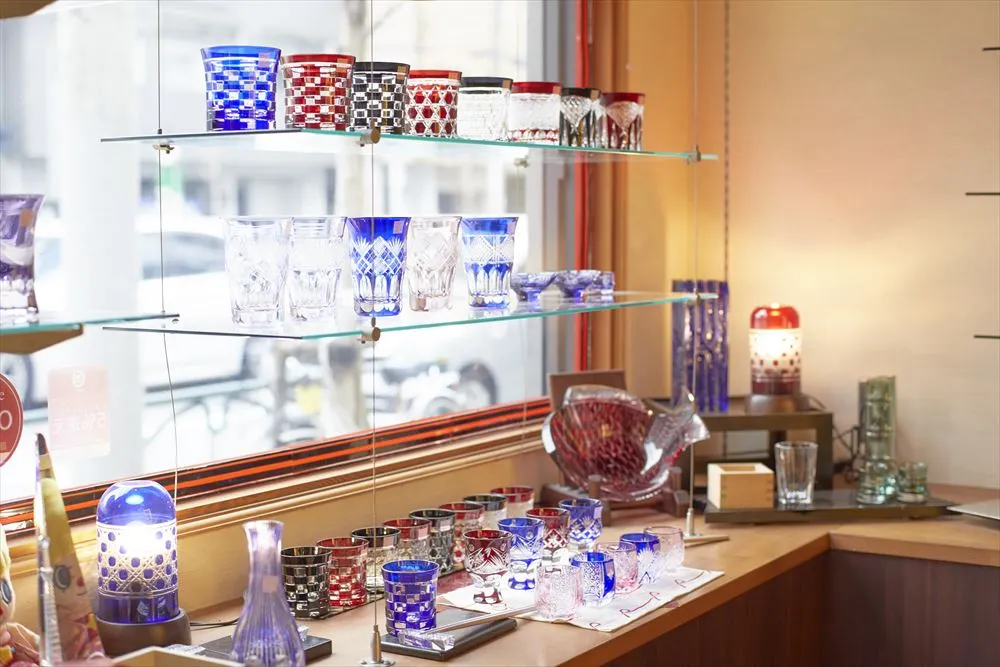 At first, participants learn how to carve on a practice glass before making their own with the kind guidance of staff, so even beginners can feel completely at ease!
At first, participants learn how to carve on a practice glass before making their own with the kind guidance of staff, so even beginners can feel completely at ease!
| Access | JR Kinshicho Sta. → 6 min walk |
| Business hours | 10:00 – 17:00 |
| Regular holiday | Sundays, Mondays, and New Year's holidays/Price:Adult 4,500 yen (tax excluded), Elementary school students (from 4th grade) 2,300 yen (tax excluded) |
| URL | https://www.edokiriko.net/ |
Amezaiku / Candy Arts (Asakusa Amezaiku Ameshin Hanakawado Studio)
This specialty shop boasts some of the best techniques in Japan for amezaiku, the traditional craft of using scissors to sculpt softened candy heated to about 90 degrees Celsius. At the Hanakawado Studio in Asakusa,, classes provide the experience of making amezaiku rabbits. A video with English subtitles helps illustrate the process so you can practice before the real thing.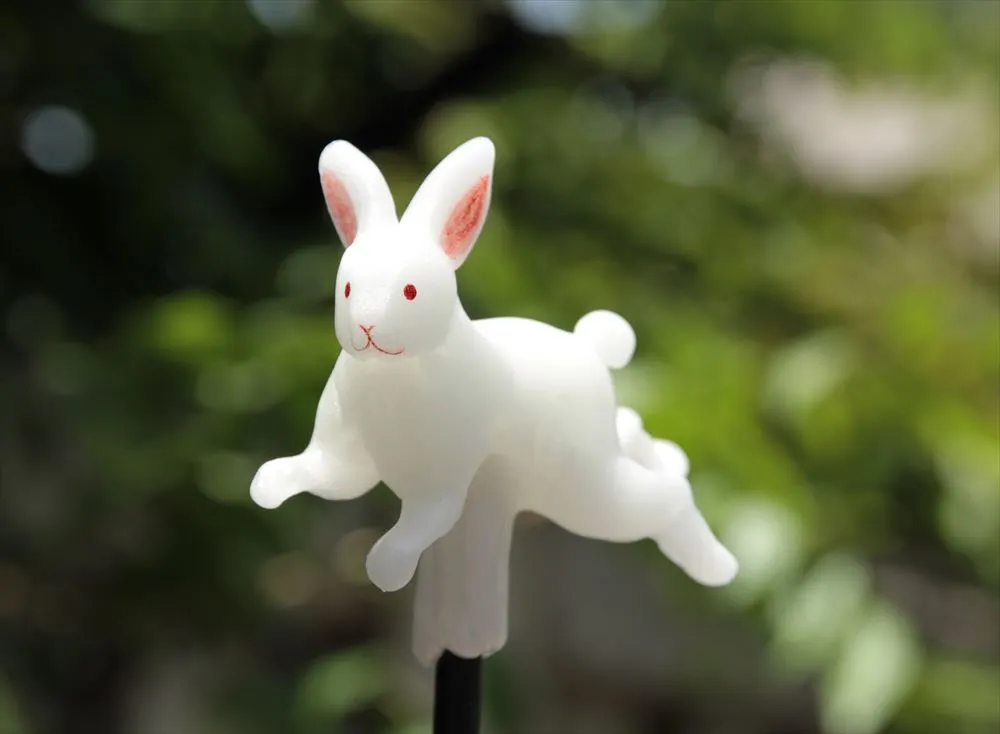 The key is to shape the candy while still hot and soft. The sculpted candy can be boxed to make great home decorations!
The key is to shape the candy while still hot and soft. The sculpted candy can be boxed to make great home decorations!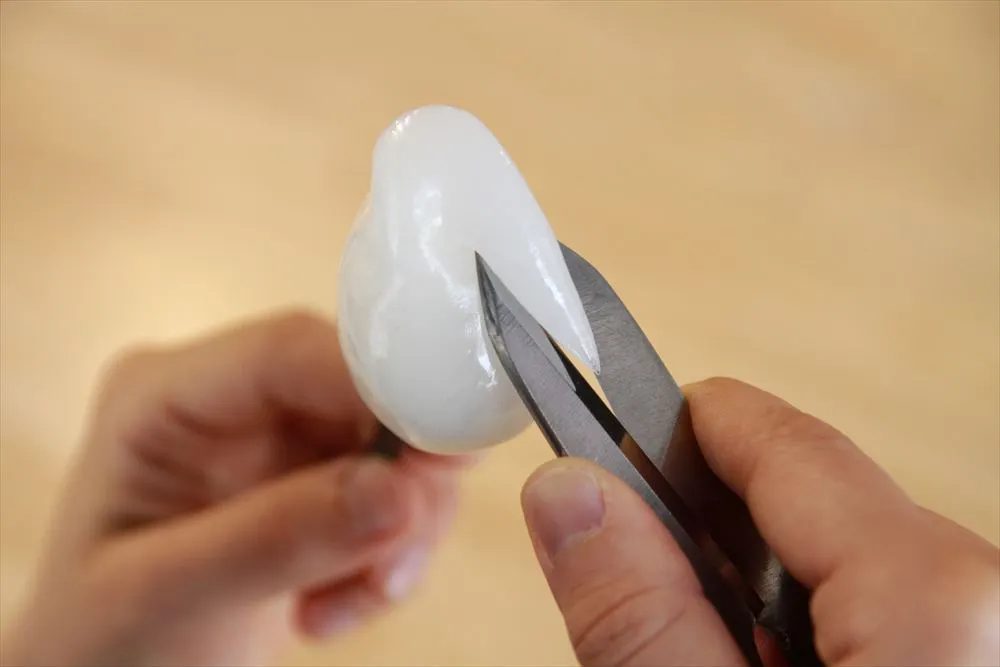
| Access | Asakusa Sta. (Tokyo Metro) → 7 min walk |
| Business hours | 10:30 – 18:00 |
| Regular holiday | Thursdays (temporary closures)/Price:Adult 3,100 yen, High school age or younger 2,500 yen |
| URL | http://www.ame-shin.com/ |
Mizuhiki (komorebi)
This store in Harajuku exhibits and sells modern-style traditional crafts, mainly made with tombodama (glass beads). Here you can experience making Mizuhiki, a string decoration made from washi paper used for gift-wrapping. Beginners use basic Mizuhiki techniques to make chopstick rests and rabbit-shaped brooches. Lessons can also be conducted in English.
*Continuation of the course after 2025 still undecided.
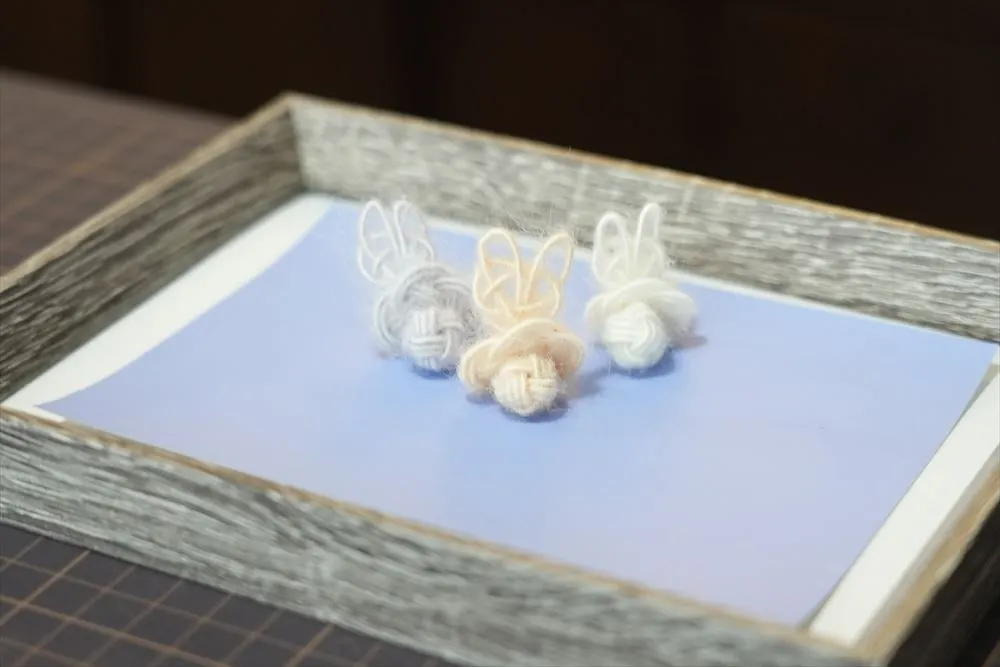 The rabbit brooch is made with a special kind of string to make fluffy, cute bunnies!
The rabbit brooch is made with a special kind of string to make fluffy, cute bunnies!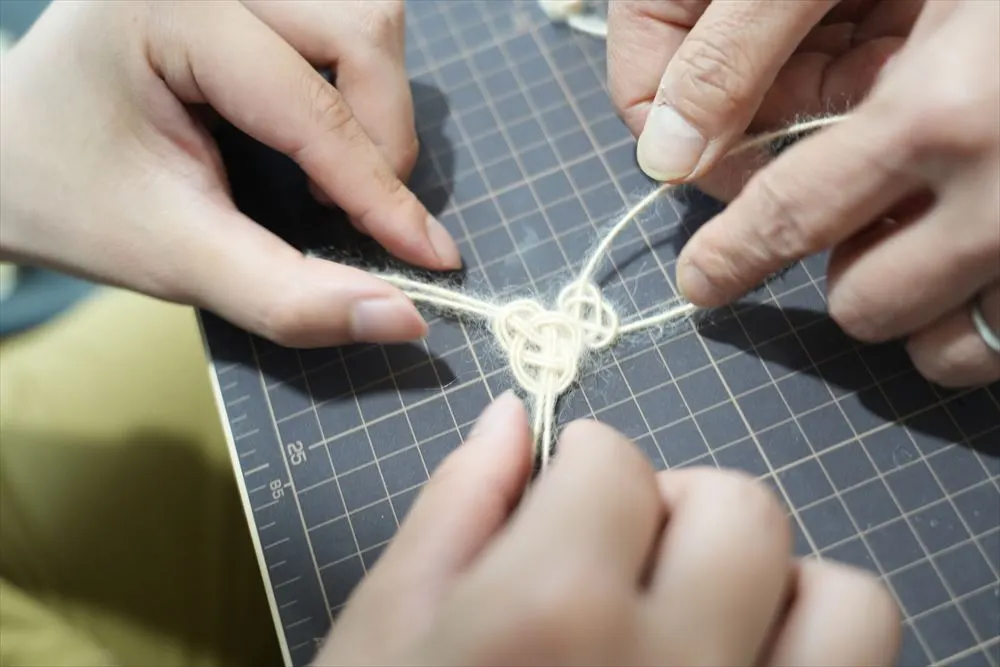
| Access |
Meiji-jingumae |
| Business hours | 12:30 - 17:30 |
| Regular holiday | Mondays, Sundays, and national holidays/Price:Chopstick rest 1,650 yen, rabbit brooch 2,500 yen |
| URL | https://www.komorebi.shop/ |
